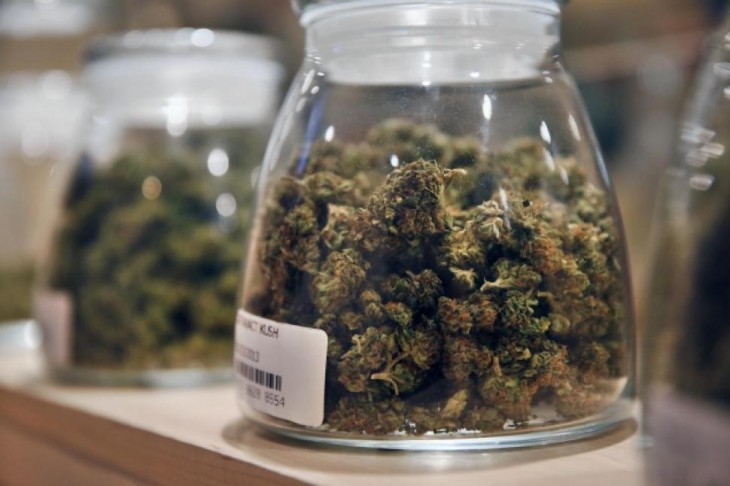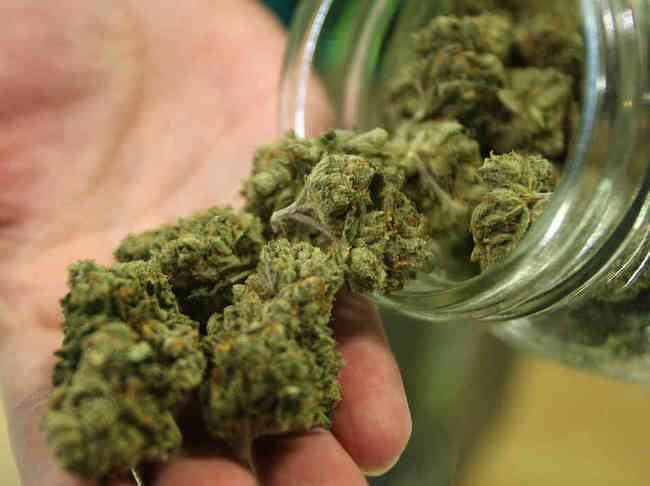A lot of patients lost their appetite for many reasons. Especially for those battling with cancer and HIV-related anorexia, this struggle is real. For some patients, appetite suppression is due to the medications they take. Conditions like chronic pain can reduce the desire to eat food. Also, nausea and vomiting that result from medications and conditions can interfere with one’s appetite. As mealtimes can be distressing for these patients, they may wonder what could increase their appetite. Thankfully, medical cannabis is found to help boost appetite.
The THC content in cannabis is what makes it an appetite booster. Studies have studied this effect, particularly as they look to determine how medical marijuana could be used for helping cancer patients during treatment. Strains of cannabis that have high THC content often boost appetite. Read on to know how it works:
Making you Feel Hungry
Some processes in the body regulate hunger. After you eat, your body produces leptin, which is a substance that suppresses the appetite. When leptin is reduced, you will become hungrier. If your body’s leptin levels are reduced further by a physical condition or medication, you will not feel hunger. For instance, those with HIV-related anorexia have neurons that slow down or don’t send the message of hunger altogether.
The neurons in your brain also send signals to tell you that you are full after having eaten. Introducing THC into the system allows these neurons to slow down and stop sending this message. Also, THC inhibits leptin production. Essentially, medical cannabis tricks the brain into telling you that you are hungry. It can help patients who lack appetite maintain their nutrition.
Increasing Food Desirability
Medical cannabis has been found to have the ability to help you appreciate food. Aside from making you feel hungrier, it makes food taste better and more satisfying. As THC improves the sensory system, your taste buds become more engaged.
Assisting with Nausea and Vomiting
Nausea and vomiting can be associated with a range of medical conditions or can be side effects of some medications. When you experience these conditions after eating, you will strongly dislike food. Such biological mechanisms help people from eating poisonous or spoiled foods. When you consume something and you feel bad afterward, you may not want to eat that food in the future. But, for cancer patients, food aversions may extend to a wide range of foods.
Some studies show that manipulating the endocannabinoid system can help regulate nausea and vomiting. Medical marijuana can help relieve these symptoms by activating CB1 receptors sites of the system. In turn, it can prevent the development of food aversions.









